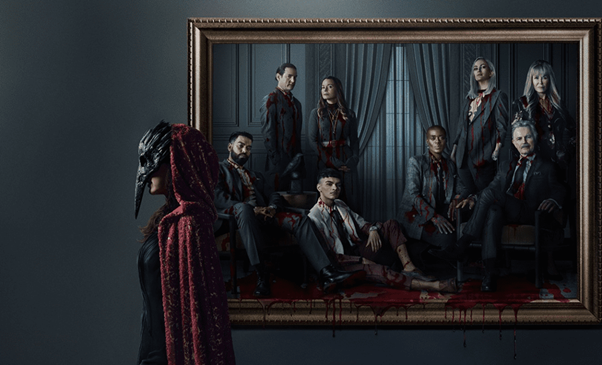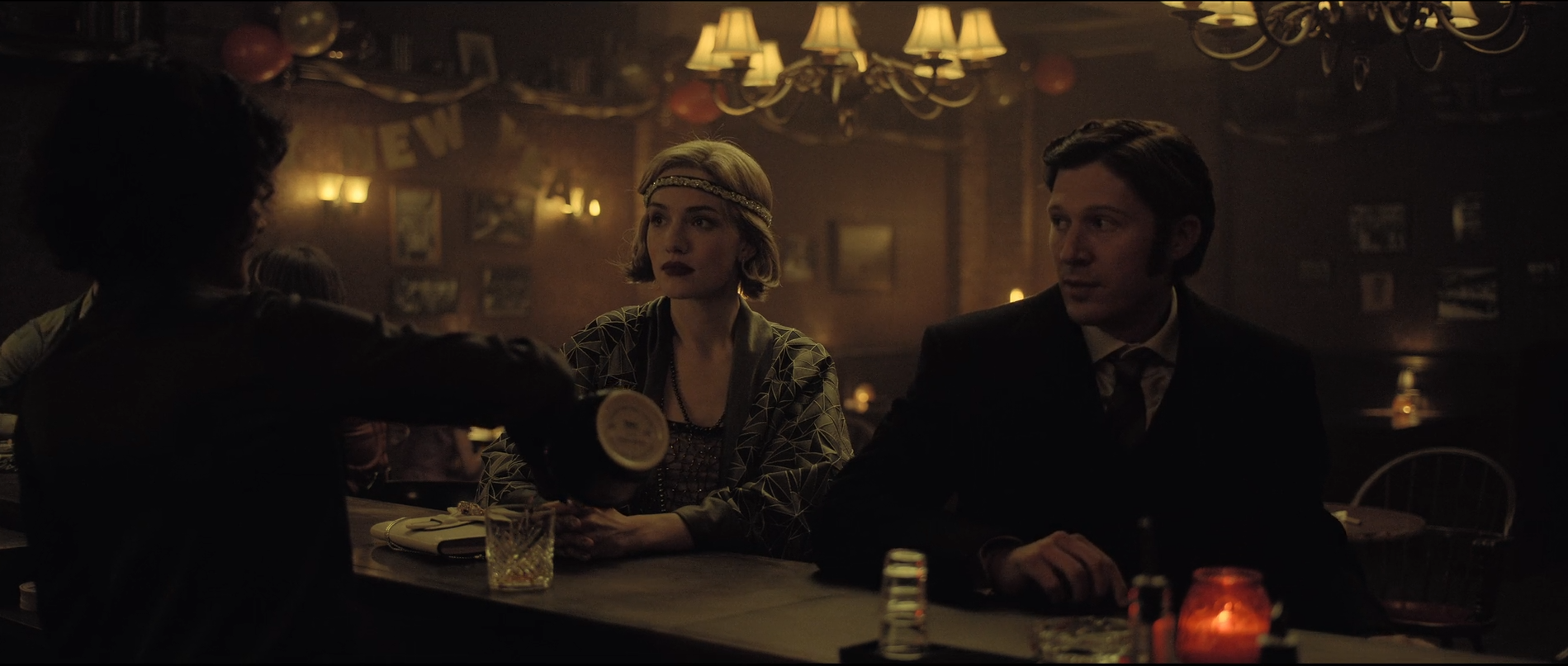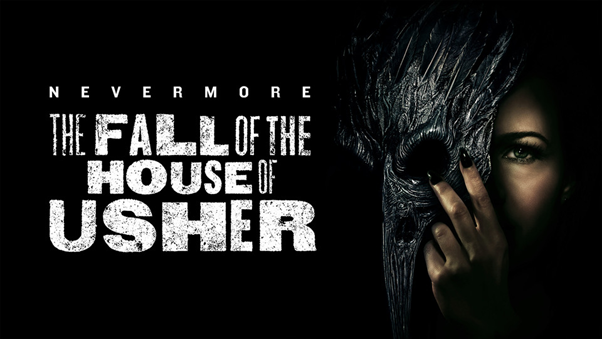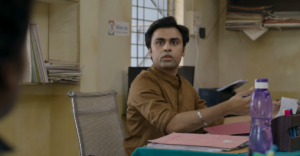Introducing Mike Flanagan’s latest Netflix horror series, ‘The Fall of the House of Usher.’ Drawing inspiration from Edgar Allan Poe’s macabre tales, it weaves elements from iconic works like “The Black Cat,” “The Premature Burial,” and “The Tell-Tale Heart.” As we dive into this eerie world, we’ll be exploring each episode, dissecting its intricate tapestry of horror and psychological suspense. Stay tuned for an in-depth episode-wise review, uncovering the dark secrets and chilling narratives that unfold in this haunting adaptation.

In the premiere of ‘The Fall of the House of Usher’, Fredrick Usher, the last heir to Fortunato Pharmaceuticals, meets a tragic end, sending shockwaves through the business world. Roderick Usher(Bruce Greenwood) invites Charles Dupin, a U.S. attorney, promising to reveal the truth behind their troubled legacy. We’re transported to 1953, meeting Eliza, Roderick’s mother and the secretary to Fortunato’s CEO.
Eliza’s stern warnings to stay away from the CEO’s property foreshadow an ominous encounter. After Eliza’s death, her devout wishes lead Roderick and Madeline(Mary McDonnell) to bury her in the backyard, but a horrifying twist unfolds.

In the present, Roderick discloses a shocking secret to Charles: six children from five different women, a stark departure from his father’s ways. The conversation shifts to a lawsuit that could shake Fortunato Pharmaceuticals’ foundations. A courtroom informant threatens to expose the family’s hidden crimes, intensifying the already palpable tension. As Roderick gathers his children for a tense dinner, their diverse pursuits and hidden agendas come to light.
The episode climaxes at Frederick Usher’s(Henry Thomas) funeral, with Roderick’s hallucinations and a chilling revelation setting the stage for further mysteries. Madeline’s urgent plea for Dr. Donaldson’s assistance leaves an air of foreboding. ‘The Fall of the House of Usher’ Episode 1 presents a gripping dive into a world of twisted family dynamics and chilling mysteries. Fredrick Usher’s demise serves as the catalyst for a narrative filled with dark revelations.

The non-linear storytelling weaves past and present seamlessly, providing crucial insights into the enigmatic Usher family. Roderick’s invitation to Charles Dupin promises a tale rich with revelations, and their intense conversation keeps us engaged. The visual storytelling excels, with Roderick’s hallucinations leaving an indelible mark. The crow’s presence at Frederick’s funeral, a nod to Poe’s symbolism, foreshadows the unending sorrow that haunts the Usher lineage. Sound is used masterfully to heighten unease, particularly the ticking clock during the resurrection scene, reminiscent of Poe’s craft.
This subtle touch adds to the foreboding atmosphere. Eliza’s role in shaping the family’s destiny provides poignant insight, leading to a shocking revelation. The portrayal of this tragic turn strikes a balance between sorrow and horror, leaving a profound impact. The introduction of Roderick’s diverse children adds complexity. The tension at the family dinner, heightened by Roderick’s binding contracts, sets the stage for a power struggle. The episode ends with numerous questions. Roderick’s hallucinations hint at deeper mysteries, while Madeline’s urgent call for Dr. Donaldson raises the stakes, leaving us eager for more.




